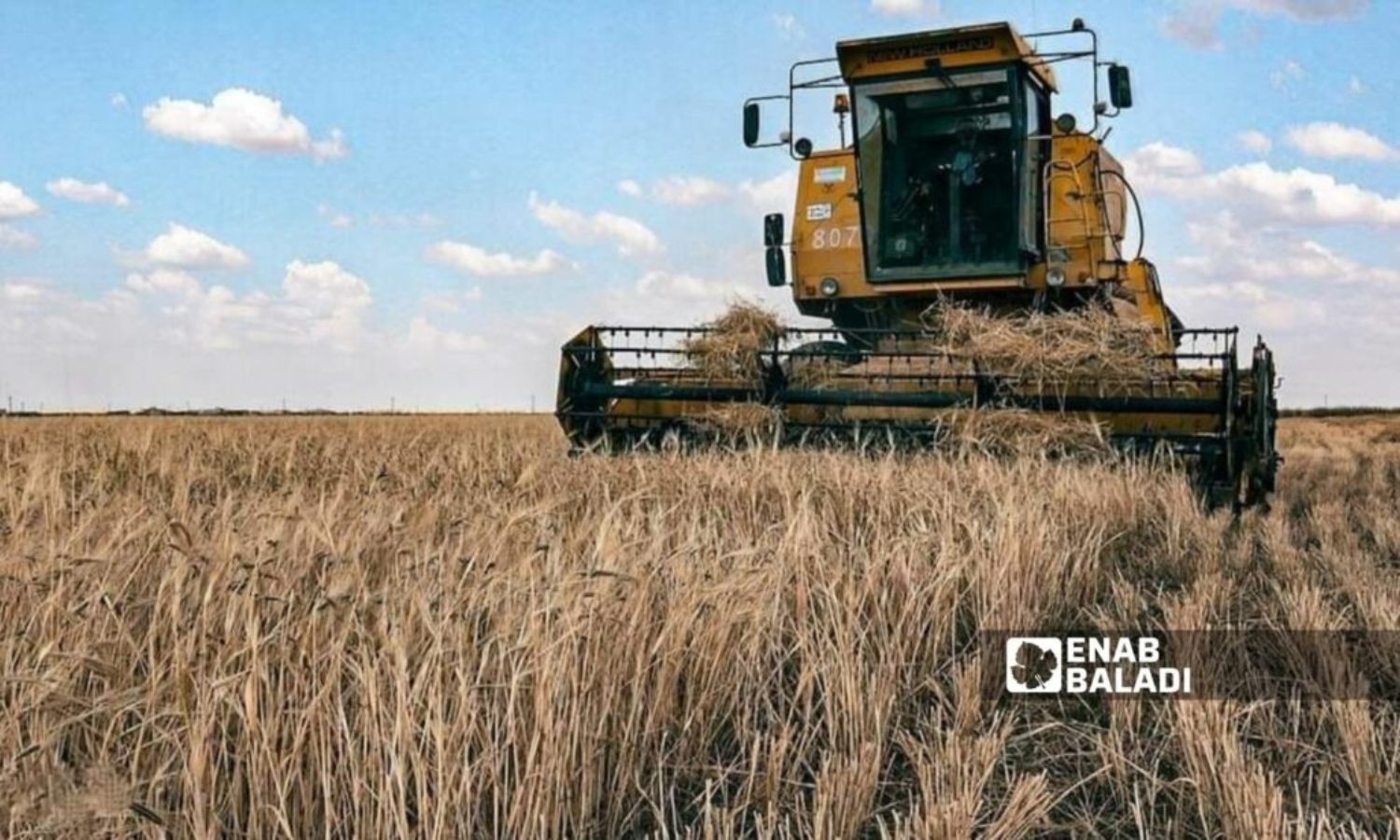



The Syrian regime’s General Corporation for Feed has determined yesterday, Tuesday, May 21, the purchase price of barley from farmers in the al-Hasakah governorate at 2000 Syrian pounds per kilogram, with an additional 200 pounds added.
This pricing comes after the corporation had set the purchase price for this season in other governorates at 2800 Syrian pounds, with an additional 200 pounds.
The additional 200 pounds per kilogram is considered as support from the Agricultural Production Support Fund.
According to statements by Abdul Karim Shubat, the general manager of the General Corporation for Feed, to the government newspaper Tishreen, the delivery of 100,000 tons of barley from farmers will begin as of May 26, based on the certificate of origin provided by the farmer.
This step aims to enhance the corporation’s barley stocks, and payment for the crop will be made within 72 hours of delivery, after necessary procedures are taken and lists submitted to the Agricultural Bank, according to Shubat.
The corporation has designated 26 centers for receipt across all governorates.
On April 23, the Syrian regime’s government set the wheat purchase price from farmers for the agricultural season 2023-2024 at 5500 Syrian pounds per kilogram ($0.36).
This represents a four-cent increase compared to the price offered in the 2023 wheat season which was 2800 pounds ($0.32 based on the exchange rate at the time against the Syrian pound of 8600 pounds).
The pricing follows promises from the Minister of Agriculture, Mohammed Hassan Qatna, on April 21, that the government would set a good price for the wheat crop to enable farmers to market the largest amount of produce and to be rewarding for the farmers to encourage them.
Qatna stated that the area planted with wheat this year reached 580,000 hectares, half of which is irrigated and the other half rain-fed, noting that current wheat quantities are good and sufficient due to rainfall, without specifying or estimating the expected production quantities.
During the regime’s weekly government session yesterday, May 21, its head, Hussein Arnous, highlighted the importance of ongoing direct supervision to facilitate the procurement of every grain of wheat produced within Syrian territories, stressing the need for a clear and approved policy for exporting products that exceed local market needs, in order to secure foreign currency, increase production, provide more jobs, improve service conditions, and enhance economic development.
if you think the article contain wrong information or you have additional details Send Correction